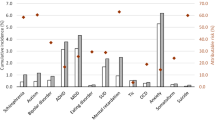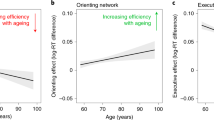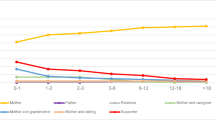Abstract
THE response evoked by my letter in NATURE of October 1 calls for a reply. Dr. R. A. Fisher, in his interesting communication,1 points out that before my conclusion is accepted there are one or two preliminary points to be considered. His suggestion that the somewhat retarded ages of fatherhood of the upper and middle classes would alone explain the greater age of paternity cannot, I think, be accepted : the frequency curve would surely be displaced so as to be substantially parallel to the normal curve, but this is not the observed fact. Again, Dr. Fisher states that the comparison would be more valid if based upon birth order : I venture to suggest that this is quite a different proposition, although ability is undoubtedly correlated with birth order. The suggestion that the differences may be due to environmental modifications is a more plausible one but it cannot, I think, be sustained : a father seventy years of age is not likely either to survive to influence his child during the critical years of adolescence or to provide a substantially better environment than a father fifty years of age.
Similar content being viewed by others
Article PDF
References
NATURE, 130, 579 Oct. 15, 1932.
Author information
Authors and Affiliations
Rights and permissions
About this article
Cite this article
DUFTON, A. Inheritance of Acquired Characters. Nature 130, 813 (1932). https://doi.org/10.1038/130813b0
Issue date:
DOI: https://doi.org/10.1038/130813b0



